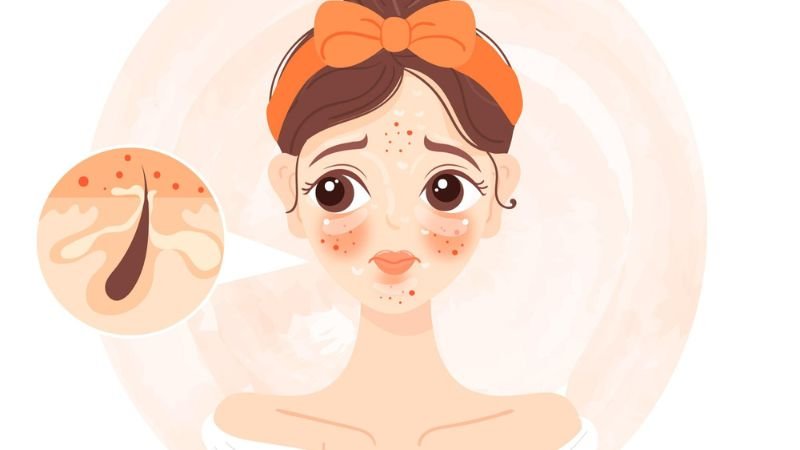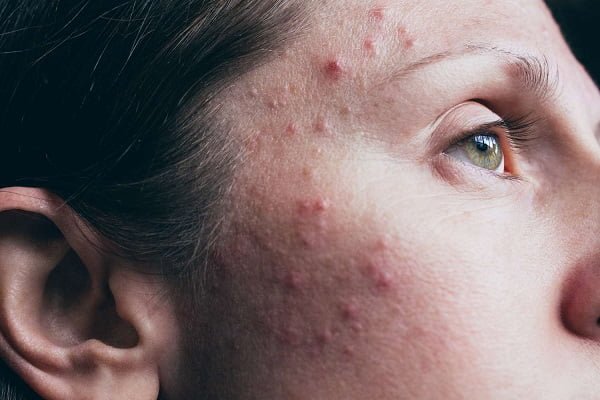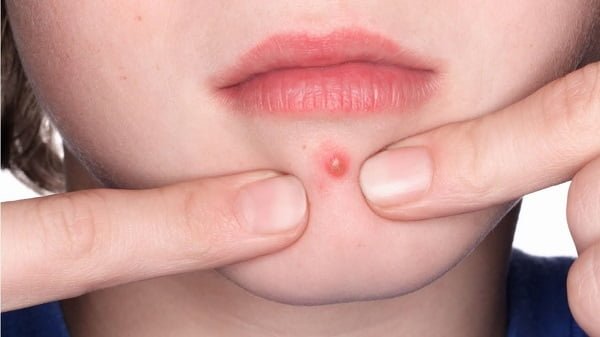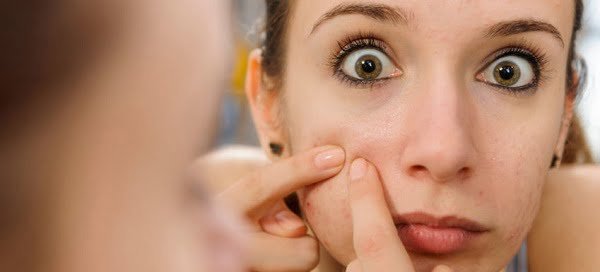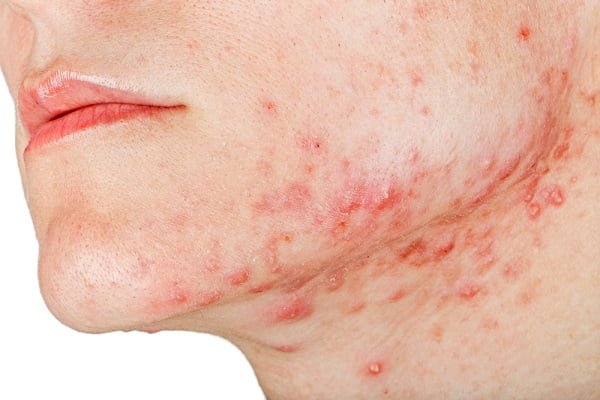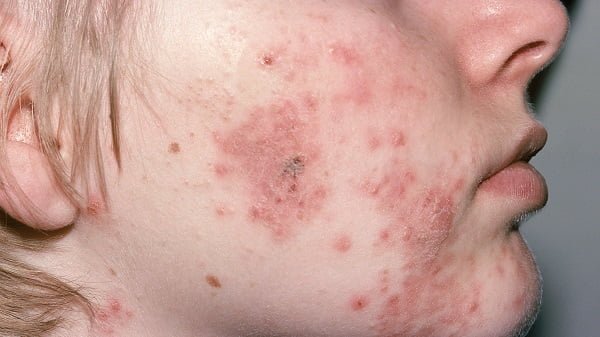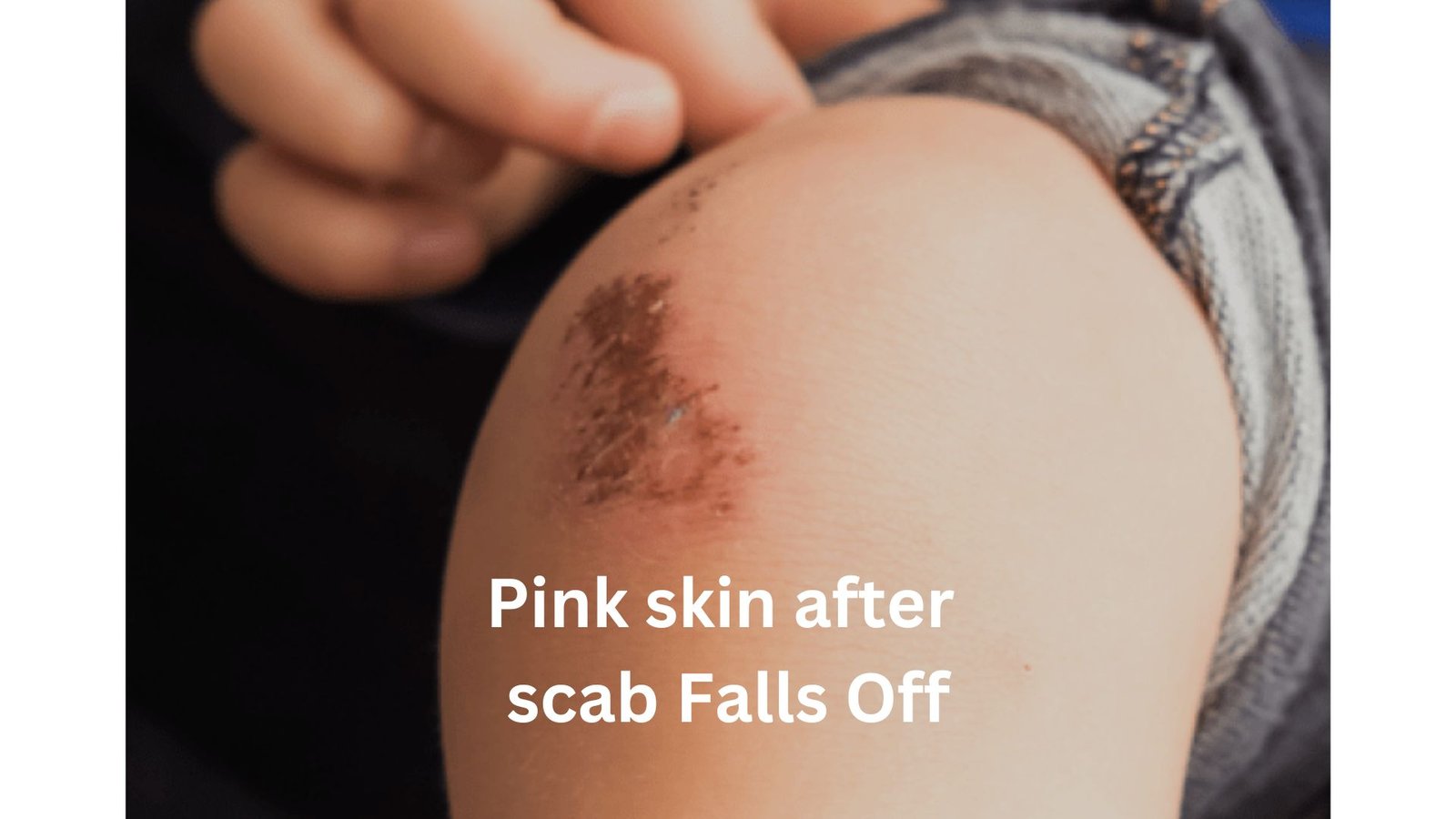Introduction
Clogged pores are a common skincare concern that can lead to acne breakouts, blackheads, and dull-looking skin. While various factors contribute to pore congestion, certain ingredients found in skincare and cosmetic products can exacerbate the problem. In this blog, we’ll delve into the ingredients that are known to cause clogged pores and discuss how to avoid them to maintain clear, healthy skin. Additionally, we’ll explore the effectiveness of innovative solutions such as pimple patches in addressing specific types of acne, including hormonal acne, and how they can be integrated into your skincare routine for optimal results.
Understanding Clogged Pores:
Pores are tiny openings in the skin’s surface that allow oil (sebum) and sweat to reach the skin’s surface. When pores become clogged with excess oil, dead skin cells, and other debris, they can become enlarged and appear more prominent. Clogged pores provide an ideal environment for acne-causing bacteria to thrive, leading to breakouts and other skin issues.
Ingredients That Cause Clogged Pores:
- Comedogenic Oils: Certain oils, such as coconut oil, cocoa butter, and avocado oil, have a high comedogenic rating, meaning they are more likely to clog pores. While these oils can be beneficial for some skin types, they may exacerbate pore congestion in individuals prone to acne or oily skin.
- Heavy Emollients: Emollients are moisturizing ingredients that help soften and hydrate the skin. However, heavy emollients like lanolin, isopropyl palmitate, and petrolatum can be too occlusive for some skin types, leading to pore blockage and breakouts, especially if used in high concentrations.
- Silicone Derivatives: Silicone-based ingredients like dimethicone andcyclomethiconeare commonly found in skincare and cosmetic products for their smoothing and texture-enhancing properties. While silicones are generally considered safe for most skin types, they can create a barrier on the skin’s surface that traps oil and debris, potentially leading to clogged pores, particularly in individuals with sensitive or acne-prone skin.
- Fragrance: Synthetic fragrances and certain essential oils can irritate the skin and disrupt its natural barrier function, leading to inflammation and increased oil production. Fragrance ingredients are often included in skincare and cosmetic products to enhance scent, but they can contribute to pore congestion and exacerbate existing acne.
- Thickening Agents: Ingredients like waxes, thickeners, and stearic acid are commonly used in skincare formulations to give products a creamy texture and improve stability. However, these ingredients can be comedogenic and contribute to pore blockage, especially if used in high concentrations or in products applied to acne-prone areas of the skin.
Avoiding Ingredients That Cause Clogged Pores:
To prevent pore congestion and maintain clear, healthy skin, it’s essential to read product labels carefully and avoid ingredients that are known to cause clogged pores. Look for non-comedogenic, oil-free, and fragrance-free formulations, and consider patch testing new products on a small area of skin before applying them to larger areas of the face or body.
Ingredients for Reducing Clogged Pores
- Salicylic Acid: Salicylic acid is a beta-hydroxy acid (BHA) that penetrates deep into the pores to dissolve excess oil, dead skin cells, and other debris that can clog pores. It also has anti-inflammatory properties, making it effective for reducing redness and inflammation associated with acne.
- Glycolic Acid: Glycolic acid is an alpha-hydroxy acid (AHA) derived from sugarcane. It works by exfoliating the surface of the skin, removing dead skin cells and debris that can contribute to pore congestion. Additionally, glycolic acid stimulates collagen production, leading to smoother, more radiant skin over time.
- Retinoids: Retinoids, such as retinol and prescription-strength tretinoin, are vitamin A derivatives that promote cell turnover and prevent the formation of comedones (clogged pores). They also help reduce the appearance of fine lines, wrinkles, and acne scars, making them beneficial for overall skin rejuvenation.
- Niacinamide: Niacinamide, also known as vitamin B3, is a versatile ingredient that helps regulate sebum production, reduce inflammation, and improve the skin’s barrier function. By balancing oil production and calming inflammation, niacinamide can help prevent pore congestion and breakouts.
- Tea Tree Oil: Tea tree oil is a natural antiseptic that has antibacterial and anti-inflammatory properties, making it effective for treating acne and reducing pore congestion. It helps kill acne-causing bacteria and soothe irritated skin, promoting clearer, healthier pores.
- Clay Masks: Clay masks, such as kaolin clay and bentonite clay, are renowned for their ability to absorb excess oil and impurities from the skin’s surface. By drawing out impurities from the pores, clay masks help detoxify the skin and minimize pore congestion, leaving the skin feeling clean and refreshed.
Conclusion:
By being mindful of the ingredients in your skincare and cosmetic products, you can minimize the risk of pore congestion and maintain clear, healthy skin. Avoiding comedogenic oils, heavy emollients, silicone derivatives, fragrance, and thickening agents can help prevent clogged pores and reduce the likelihood of acne breakouts and other skin issues. Remember to choose products that are suitable for your skin type and concerns, and consult a dermatologist if you have persistent pore congestion or acne concerns. With the right approach to skincare, you can enjoy a smoother, more radiant complexion free from clogged pores.
FAQs related to "What ingredients cause clogged pores?"
Several skincare ingredients are notorious for clogging pores and exacerbating acne breakouts. Some common culprits include comedogenic oils like coconut oil and cocoa butter, heavy emollients such as lanolin and isopropyl palmitate, silicone derivatives like dimethicone, fragrances (both synthetic and natural), and thickening agents like waxes and stearic acid.
Comedogenic oils are oils that have a high likelihood of clogging pores and causing acne breakouts. These oils have a higher concentration of fatty acids that can exacerbate pore congestion by trapping dead skin cells, bacteria, and other debris within the pores. Examples of comedogenic oils include coconut oil, cocoa butter, and avocado oil.
Heavy emollients are moisturizing ingredients that can be too occlusive for some skin types, leading to pore blockage and breakouts. Ingredients like lanolin, isopropyl palmitate, and petrolatum form a barrier on the skin’s surface that traps oil and debris, potentially leading to clogged pores and acne.
While silicone derivatives like dimethicone are generally considered safe for most skin types, they can contribute to pore congestion, particularly in individuals with sensitive or acne-prone skin. These ingredients create a barrier on the skin’s surface that can trap oil and debris, potentially leading to clogged pores and breakouts.
Yes, fragrance ingredients, both synthetic and natural, can irritate the skin and disrupt its natural barrier function, leading to inflammation and increased oil production. Fragrances are often included in skincare and cosmetic products to enhance scent, but they can contribute to pore congestion and exacerbate existing acne.
To identify skincare products that may cause clogged pores, look for labels that indicate “non-comedogenic,” “oil-free,” or “fragrance-free” formulations. Additionally, avoid products that contain known comedogenic ingredients like coconut oil, cocoa butter, lanolin, and isopropyl palmitate.
Yes, besides skincare ingredients, other factors like genetics, hormonal fluctuations, diet, and lifestyle habits can also contribute to pore congestion and acne breakouts. It’s essential to adopt a comprehensive approach to skincare and address underlying factors to achieve clearer, healthier skin.

